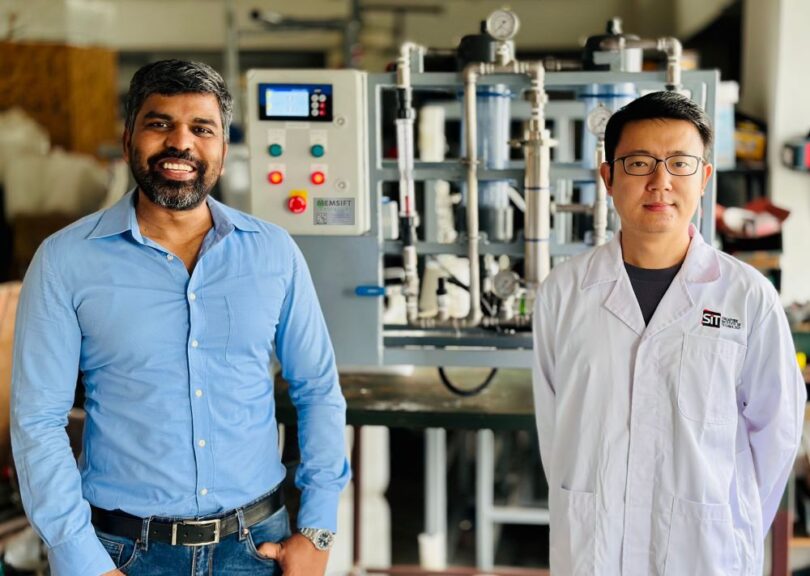Memsift Innovations Pte Ltd has announced a pioneering research collaboration with the Singapore Institute of Technology (SIT) to develop innovative chemical-resistant hollow fibre nanofiltration (NF) membranes. These advanced membranes are designed to recover valuable chemicals from spent acids and bases in liquid-waste produced by the microelectronics and semiconductor industries, offering a sustainable alternative to existing practices.
The semiconductor industry, a cornerstone of modern technology, faces significant environmental challenges due to its intensive use of water and chemicals. Wastewater generated from semiconductor manufacturing processes is often laden with high concentrations of spent acids, bases, and heavy metals, making treatment both technically complex and financially burdensome. Current solutions, such as neutralization and incineration, are energy-intensive and environmentally damaging, creating an urgent need for more sustainable alternatives, especially as global regulations tighten.
“The collaboration between Memsift and SIT addresses the urgent need for innovative liquid-waste treatment solutions that prioritize sustainability and circular economy principles,” said Dr. J Antony Prince, the founder and CEO of Memsift Innovations.
This partnership focuses on developing a new generation of NF membranes with enhanced chemical resistance, selective permeability, and robust performance. Advanced materials such as functionalized graphene and hybrid organic-inorganic nanomaterials will be utilized to ensure the membranes can withstand the harsh chemical environments found in semiconductor wastewater. The membranes are tailored to recover over 90% of valuable chemicals, such as those used in stripping baths for removing photoresist and organic residues from wafers. The performance of these membranes will be optimized through cutting-edge characterization techniques and tested rigorously with real industrial wastewater. The technology will also undergo an onsite demonstration at a global microelectronics manufacturing facility in Singapore by the end of 2025.

The adoption of these NF membranes is expected to significantly reduce the volume of waste requiring downstream treatment and disposal, delivering tangible benefits such as lower operational costs, minimized energy consumption, and a reduced environmental footprint. Beyond the semiconductor sector, these membranes hold potential for broader industrial applications where resource recovery from high-strength wastewater streams is essential.
SIT will contribute its expertise in membrane design, formation and fabrication, along with property characterization and performance analysis. This complements Memsift’s industrial experience and intellectual property (IP) in advanced membrane technologies, creating a strong synergy for the development and optimization of advanced nanofiltration membranes. This exemplifies the impactful interplay between academia and industry to address an important problem in waste management.
Furthermore, SIT students will gain invaluable hands-on experience through this partnership, preparing them for future roles in sustainable engineering. At least three students from the Pharmaceutical Engineering and Chemical Engineering degree programmes will be involved in polymer processing, membrane fabrication, filtration equipment operation, and process analytical techniques.

“This partnership showcases SIT’s deep expertise in membrane technology and commitment to sustainability and innovation. By combining our research capabilities with Memsift’s industry experience, we are developing advanced solutions for high-value manufacturing sectors, while equipping students with hands-on skills to drive real-world impact,” said Associate Professor Zuo Jian, the principal investigator leading the research team from SIT.
This initiative reinforces Memsift Innovations’ position as an emerging player in sustainable water management technologies. The chemical-resistant NF membranes developed through this collaboration promise to redefine liquid-waste treatment in the semiconductor industry, setting new benchmarks for efficiency, sustainability, and resource recovery.







